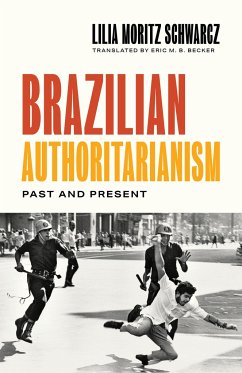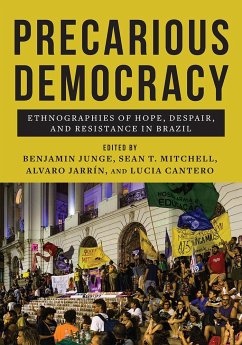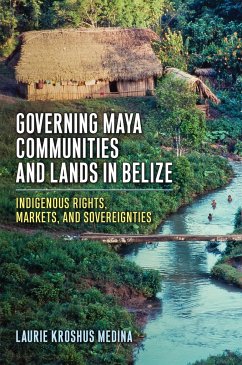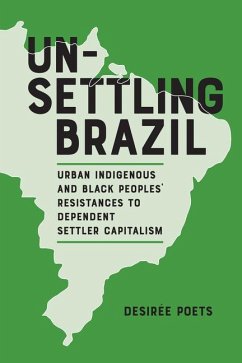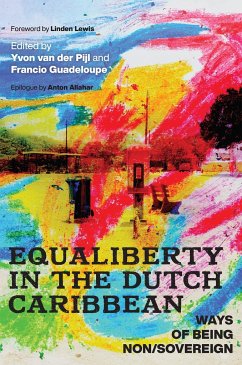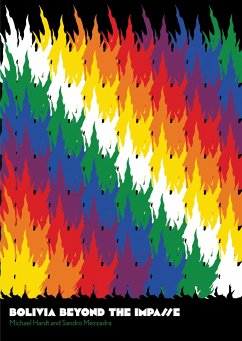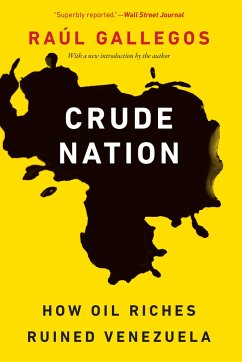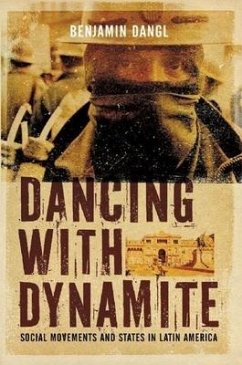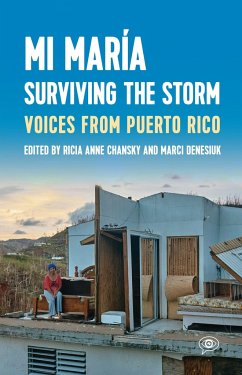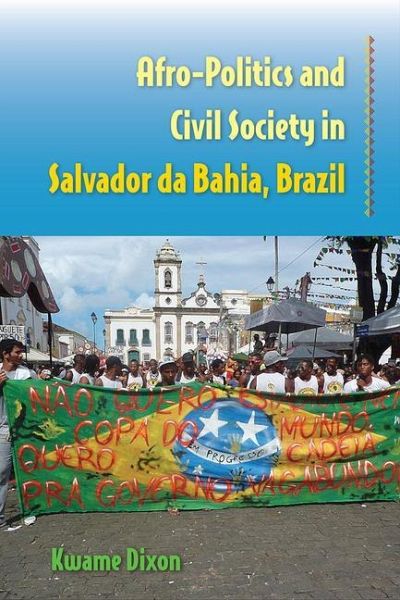
Afro-Politics and Civil Society in Salvador Da Bahia, Brazil

PAYBACK Punkte
10 °P sammeln!
Brazil's Black population, one of the oldest and largest in the Americas, mobilized a vibrant antiracism movement from grassroots origins when the country transitioned from dictatorship to democracy in the 1980s. Campaigning for political equality after centuries of deeply engrained racial hierarchies, African-descended groups have been working to unlock democratic spaces that were previously closed to them. Using the city of Salvador as a case study, Kwame Dixon tracks the emergence of Black civil society groups and their political projects: claiming new citizenship rights, testing new anti-d...
Brazil's Black population, one of the oldest and largest in the Americas, mobilized a vibrant antiracism movement from grassroots origins when the country transitioned from dictatorship to democracy in the 1980s. Campaigning for political equality after centuries of deeply engrained racial hierarchies, African-descended groups have been working to unlock democratic spaces that were previously closed to them. Using the city of Salvador as a case study, Kwame Dixon tracks the emergence of Black civil society groups and their political projects: claiming new citizenship rights, testing new anti-discrimination and affirmative action measures, reclaiming rural and urban land, and increasing political representation. This book is one of the first to explore how Afro-Brazilians have influenced politics and democratic institutions in the contemporary period. Publication of the paperback edition made possible by a Sustaining the Humanities through the American Rescue Plan grant from the National Endowment for the Humanities.





